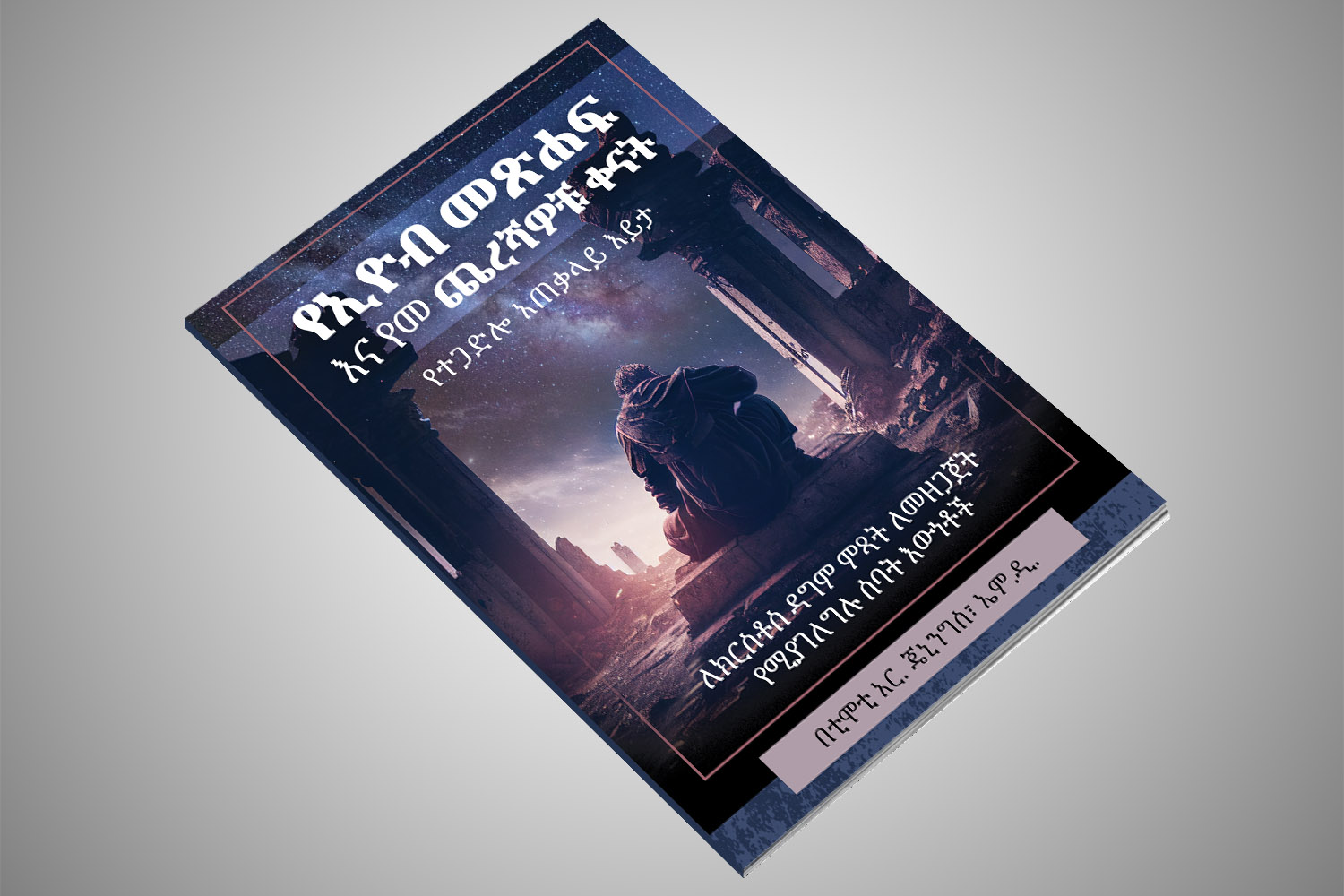As I was trying to explain from scripture that God loves us and wants all of us to be saved, a friend showed me this text: (Isa 45:7 KJV) “I form the light, and create darkness: I make peace, and create evil: I the LORD do all these things.” I’d never come across that verse before, and didn’t know what to say. How would you respond to something like that?
God bless, G, Melbourne, Australia
Thanks for the question. This is an example of the danger of taking one passage, from one translation, and building a beliefs system around it. Let’s read a little more broadly.
Does it help to read the same passage from the English Standard Version?
“I form light and create darkness, I make well-being and create calamity, I am the Lord, who does all these things. “
Or the NIV?
“I form the light and create darkness, I bring prosperity and create disaster; I, the Lord, do all these things. “
- In Scripture God is often credited with doing that which He permits to occur. God did not stop King Saul from committing suicide, yet Scripture states God put Sault to death:
- Saul said to his armor-bearer, “Draw your sword and run me through, or these uncircumcised fellows will come and run me through and abuse me.” But his armor-bearer was terrified and would not do it; so Saul took his own sword and fell on it. When the armor-bearer saw that Saul was dead, he too fell on his sword and died with him. So Saul and his three sons and his armor-bearer and all his men died together that same day. 1Sam 31:4-6.
- Saul died because he was unfaithful to the Lord; he did not keep the word of the Lord and even consulted a medium for guidance, and did not inquire of the Lord. So the Lord put him to death and turned the kingdom over to David son of Jesse. 1Chronicles 10:13,14.
Likewise, this passage can be understood as God being credited for the evil He permits to occur during this conflict with Satan.
- The Hebrew word ra’ can refer to moral evil occurring within the character of a being or external trouble that occurs outside a being. In this case the text is referring to the latter. God does, at times, use His power to bring disasters upon nations and individuals for the fulfillment of His overall healing plan of love. God brought the 10 plagues upon Egypt, but for what purpose? To expose the impotence of their pagan gods and turn their hearts toward Him. Sadly, many didn’t respond. Yet we can say that God brought calamity upon them.
- Finally, the passage was written in reference to King Cyrus who was a pagan ruler called by God to release Israel after 70 years of captivity. Pagan gods are esteemed in relation to their power. The more powerful the god, the greater he is believed to be and the more esteemed by the worshipper. Therefore, God is speaking a language designed to reach the mind of a pagan ruler, reminding Cyrus that the God of heaven has all power.
When compared with the rest of Scripture, we know that this text does not mean evil, sin, darkness, suffering, pain, or death originate, arise from, or are found within the heart of God.
God is light; in him there is no darkness at all. 1John 1:5
When tempted, no one should say, “God is tempting me.” For God cannot be tempted by evil, nor does he tempt anyone; James 1:13
God is love 1John 4:16
The more widely we read Scripture, taking all 66 books together, not leaving anything out the more balanced our understanding and the more clearly we will see God!











 using your credit or debit card (no PayPal account needed, unless you want to set up a monthly, recurring payment).
using your credit or debit card (no PayPal account needed, unless you want to set up a monthly, recurring payment). instead?
instead?